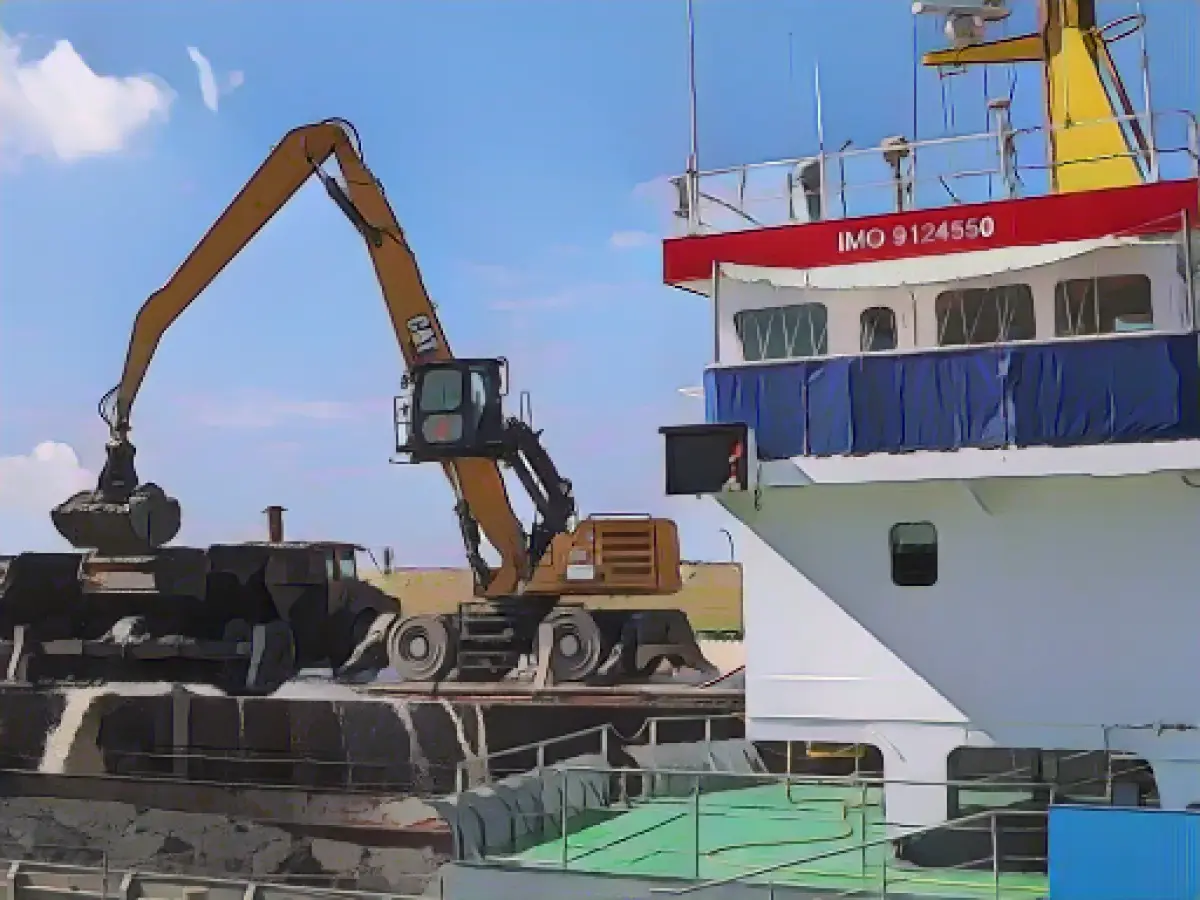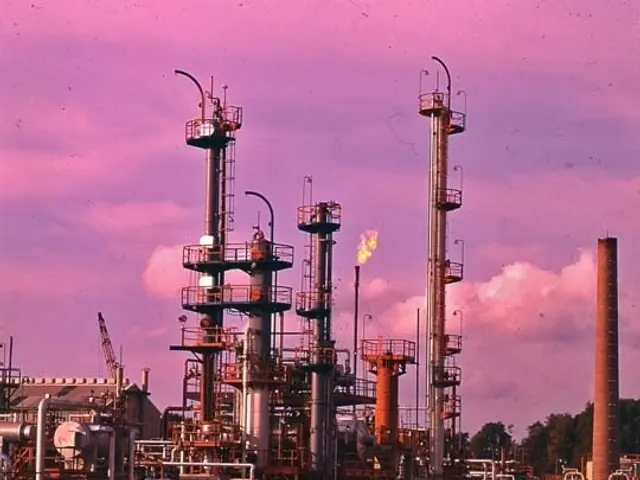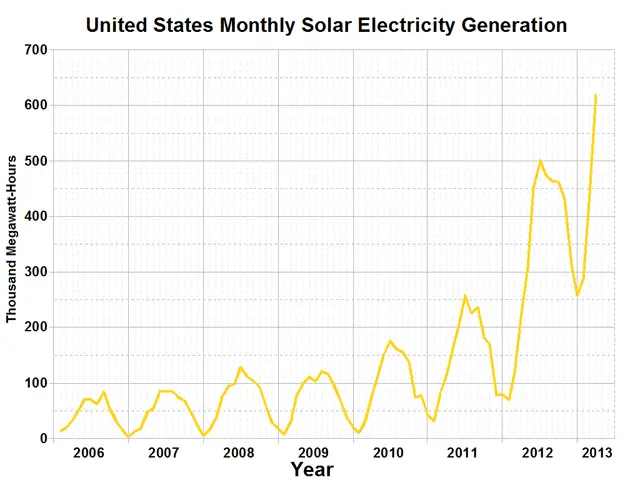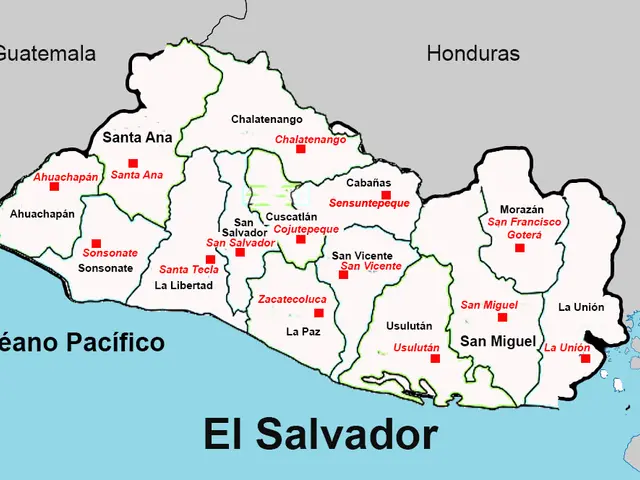Czech Republic Secures LNG Capacity Boost in Stade, Reducing Dependence on Russian Gas
In an impressive stride towards energy independence, the Czech Republic has secured a significant capacity deal at the upcoming LNG terminal in Stade, Germany. Joining forces with the government, the partially state-owned energy giant CEZ, has agreed on an annual utilization of around 2 billion cubic meters, which is more than a quarter of the Czech Republic's current annual consumption. The agreement span 15 years from 2027, with an option for an additional 25 years, as announced by a government spokesperson in Prague.
This decisive move bolsters the Czech Republic's energy security, historically relying almost exclusively on Russian gas. According to Industry Minister Jozef Sikela, "Breaking free from Russian gas imports in such a short time is not just a triumph, but also an investment in our future."
The Czech Republic's 2022 annual gas consumption amounted to 7.5 billion cubic meters. In response to the 2022 Russian invasion of Ukraine, the government repeatedly urged citizens to use energy resources responsibly. With Stade's LNG terminal managed by Hanseatic Energy Hub, the Czech Republic is tapping into one of five locations in Germany hosting floating LNG terminals.
The deal between CEZ and the Czech government signifies a strategic shift in the transportation sector, potentially decreasing the country's gas reliance in shipping. As Czech leaders emphasize, this move is critical in reducing the country's overall energy dependence on Russia.
Enriching Insights
LNG Capacity Across Europe
Europe's LNG import capacity is on the rise, aiming to counterbalance Russia's influence. Projects such as Alexandroupolis FSRU in Greece and Mukran FSRU in Germany have already come online, boosting Europe's total LNG import capacity by 28.7 billion cubic meters per year (bcm/y) in 2024. Future projects like Stade LNG Terminal and Brunsbüttel LNG Terminal are aimed at increasing capacity by at least 11% by 2030. [Source: Europe Gas Tracker 2025: Hydrogen edition]
MET Group's Czech Presence
MET Group, an active player in the European gas market, has established a subsidiary in the Czech Republic. Their mission is to support the country in its energy transition, particularly encouraging a switch from coal to gas to curb emissions. MET Group boasts long-term LNG supply agreements with the US and a diverse import structure, which will bolster energy supplies for Europe, including the Czech Republic. [Source: MET Group info]
Reducing Dependence on Russia
Despite CEZ's agreement not directly referencing the Stade terminal, the overall trend of growing LNG import capacity across Europe indicates a decrease in dependence on Russian gas. European nations, including the Czech Republic, are actively seeking to diversify their energy sources, reducing their vulnerability to a single supplier in the face of geopolitical tensions. [Source: Europe Gas Tracker 2025: Hydrogen edition]
In conclusion, the Czech Republic's collaboration with CEZ to secure LNG capacity supports its energy security by diminishing reliance on Russian gas. Europe's broader aim to increase its LNG import capacity, including projects like the Stade terminal, reinforces energy resilience by promoting a more diversified energy mix.








